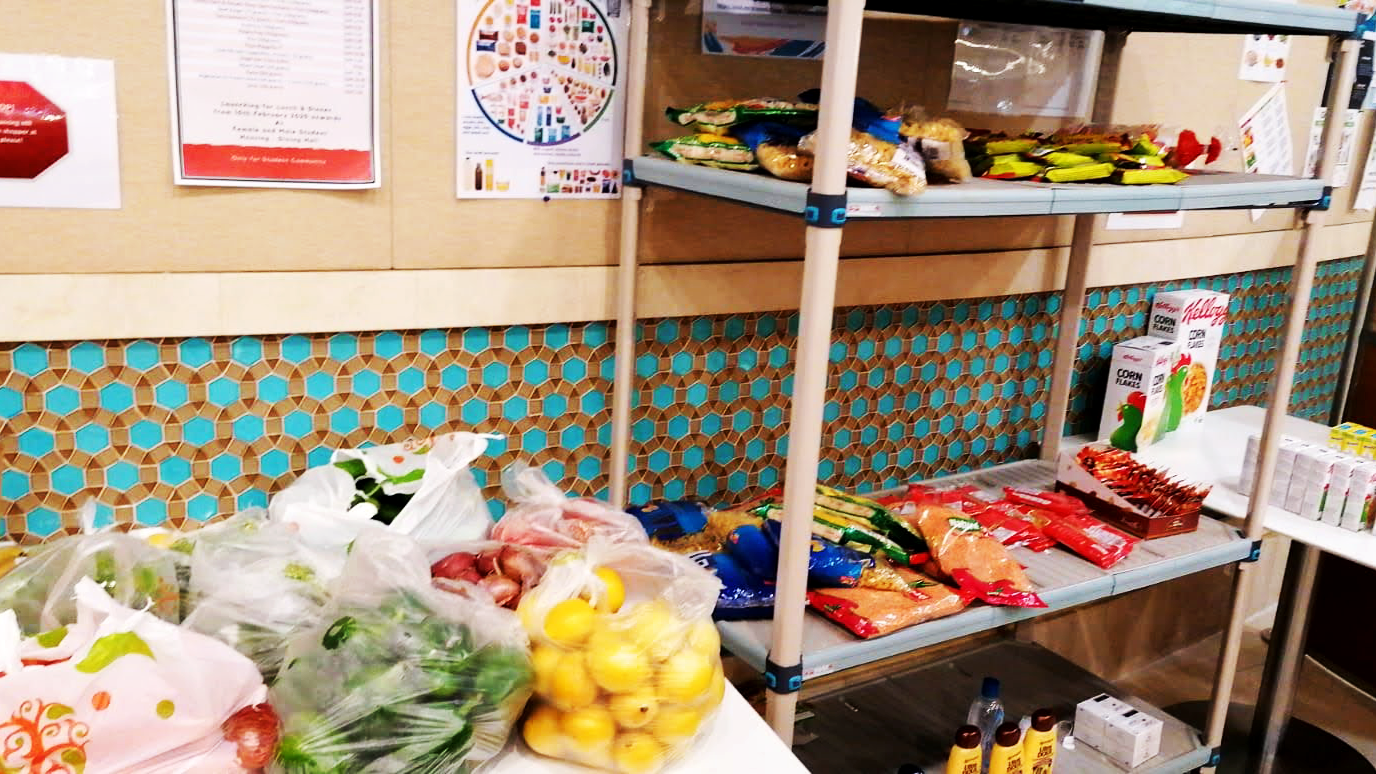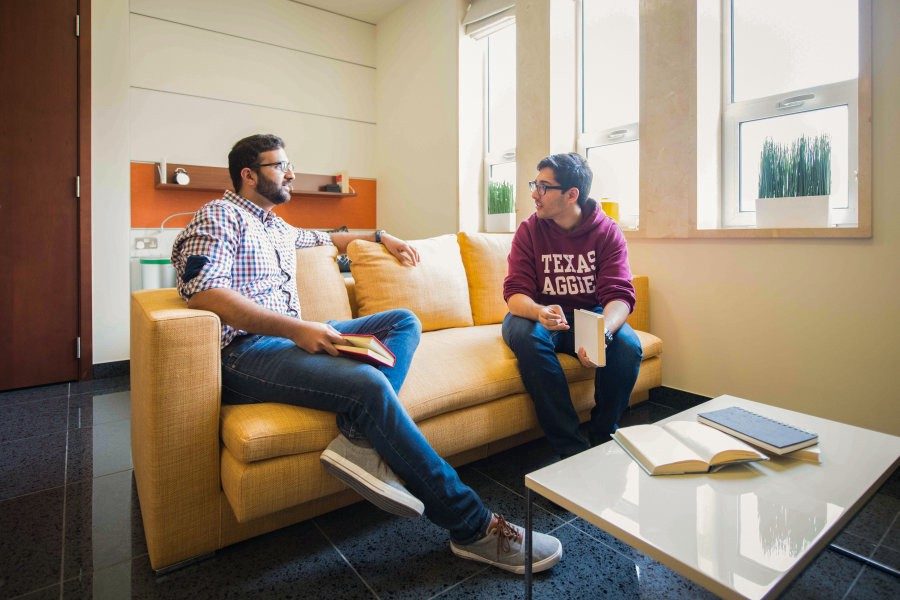By Muhammad Muneeb Ur Rehman
While students worldwide protest rent, fees and refunds, Qatar Foundation universities have set the precedent for campus welfare during COVID-19.
Students around the world have been asked to vacate their on-campus accommodation and leave university premises until further notice, as financially stretched educational organisations play their part in reducing the spread of COVID-19. Many are still unsure if fees and rent will be refunded.
But in Doha’s Education City, where around 85% of the students staying on campus are international, a series of unprecedented steps have been taken in these extremely unstable and challenging times. Accommodation has not only been left open but rent has been waived and free meals offered to students. For those returning home, free transport to the airport has been provided and refunds announced.

After the universities in Education City were closed on March 12, Qatar Foundation announced that student housing would remain open to ensure their international student body was safe. Students who wished to leave were provided with transport to the airport and a refund was announced for those planning to check out before the end of the semester.
Basit Iqbal, Student Life Supervisor at QF, says: “It was emphasized again and again that you don’t have to leave university housing. This is your home.”
Those who chose to stay were promised an extension of their housing contracts beyond the end date of May 14. In addition to keeping the pharmacy open, phone consultation services have been made available to students.
“Our focus has really been on how we can support the students best, and make sure that their needs are taken care of and that they are feeling safe, comfortable, and secure so they can focus on their academics,” says Dr. Matthew Nelson, Head of Student Residence Life at QF.

By the end of March, QF Housing announced that it would provide three meals a day, free of cost for all residents. As a supplement for the regular grocery and food options, a small pantry was also put in place to help the student through the months of April and May. Partner universities and HBKU student affairs, in collaboration with student housing, donated groceries each week for the pantry.

Jeta Kreka, a student from Albania who studies at Georgetown University in Qatar, says:
“The most important thing is that they allowed us to stay in the dorms and we don’t have to pay anything. They also provide us with food, three meals per day, and we don’t have to pay for anything.”

More recently, summer housing costs for students residing on-campus have been waived, saving significant sums for residents. In addition, graduates who are unable to fly home have been allowed to extend their stays in Qatar until the first week of August.
Qatar Foundation appears to be leading by example, despite universities there being for-profit institutions, QF’s leadership has decided to put student welfare first. No doubt that employees across Qatar and those in lower-paid jobs will be hoping that their companies and bosses will take a leaf out of Qatar Foundation’s book.







